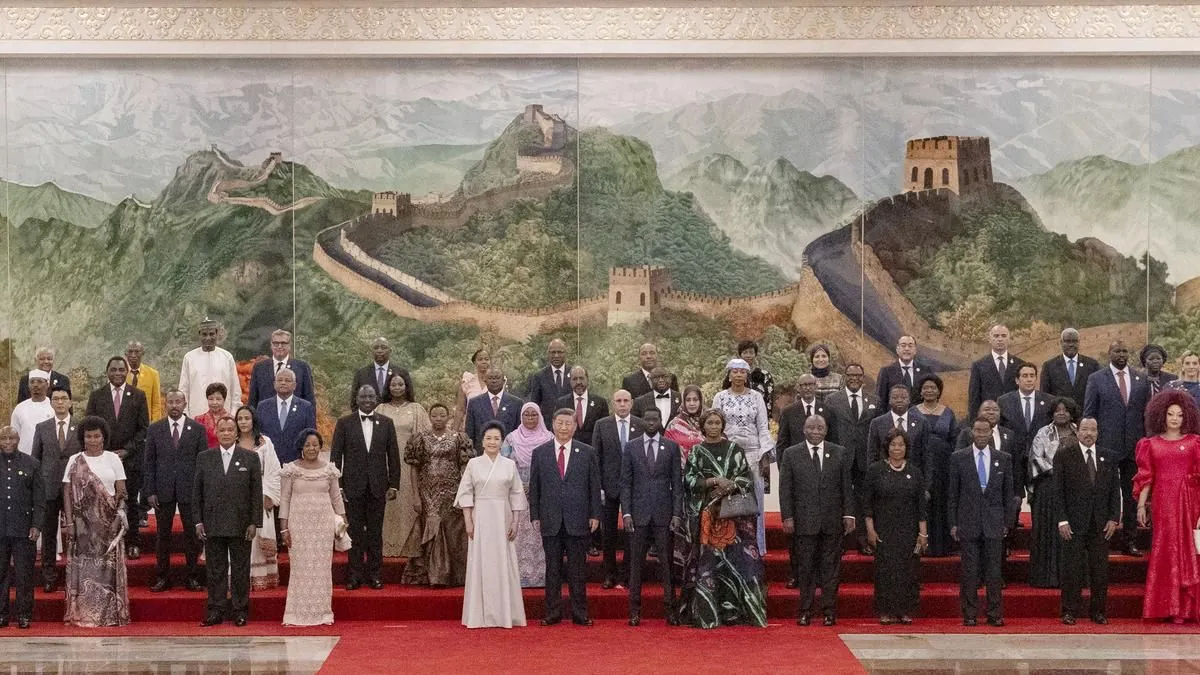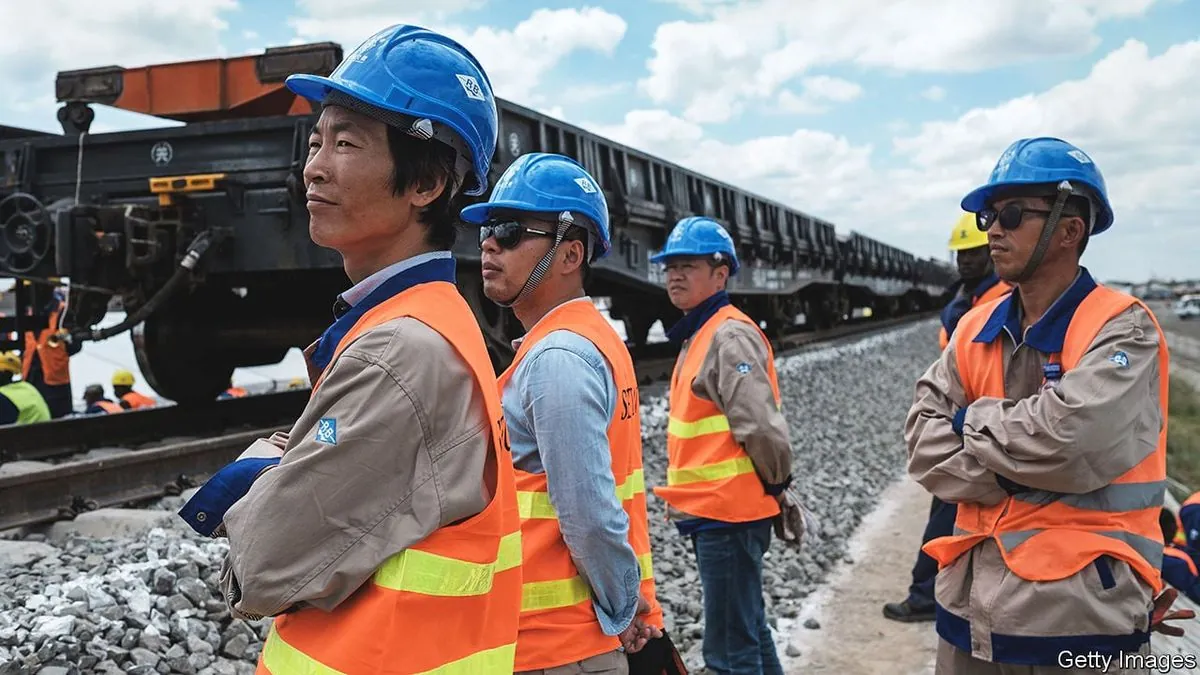China Hosts African Leaders Summit, Pledging Billions in Aid and Investment
China's President Xi Jinping welcomed African leaders to Beijing, promising substantial financial support and proposing elevated diplomatic relations. The summit underscores China's growing influence in Africa.

On August 31, 2024, Xi Jinping welcomed dozens of African leaders to Beijing for the Forum on China-Africa Cooperation (FOCAC) summit. This gathering, established 24 years ago, has become a significant platform for strengthening ties between China and African nations.
Xi Jinping pledged billions of dollars in loans and private investment over the next three years, proposing to elevate relations with African countries that maintain diplomatic ties with China to a "strategic" level. This move underscores China's growing influence on the continent and its aim to challenge the U.S.-led global order.
"We have always understood and supported each other, setting an example for a new type of international relations."
China's involvement in Africa has expanded significantly since FOCAC's inception. Chinese companies have invested heavily in resource extraction and infrastructure development under Xi's Belt and Road Initiative. By 2021, China-Africa trade volume reached $254.3 billion, marking China as Africa's largest trading partner for 13 consecutive years since 2009.

African leaders have welcomed China's assistance but are pushing for closer alignment of aid with the continent's development goals. They seek to industrialize their economies and expand agricultural exports to reduce the trade deficit with China. Samia Suluhu Hassan, Tanzania's President, speaking on behalf of eastern Africa, expressed appreciation for the announced partnership actions while calling for further progress.
Xi Jinping outlined ten "partnership actions," including:
- Training for African politicians and future leaders
- Further opening of the Chinese market
- Establishment of agricultural demonstration areas
- Vocational and technical training programs
- Green energy projects
- 1 billion yuan ($140 million) in military assistance grants
China has also committed to eliminating tariffs on products from 33 of Africa's poorest countries, expanding existing exemptions. This move aims to boost trade and economic cooperation between China and Africa.
The China-Africa relationship has evolved beyond trade and investment, taking on political overtones. China seeks allies in Africa and other developing regions to support its vision for global governance and international relations. Xi Jinping emphasized the right of all countries to modernize, criticizing the Western approach for its impact on developing nations.
China's engagement in Africa has led to significant infrastructure development, with Chinese companies constructing over 6,000 km of railways and highways across the continent. Additionally, China has helped build more than 80 large-scale power facilities and implemented over 3,500 cooperation projects under FOCAC.
The summit also highlighted China's soft power initiatives in Africa, including the establishment of 61 Confucius Institutes for cultural exchange, provision of scholarships to over 120,000 African students, and deployment of medical teams that have treated over 220 million patients since 1963.
As China continues to strengthen its ties with Africa, the relationship's impact on global geopolitics and economic dynamics remains a subject of international attention and debate.


































